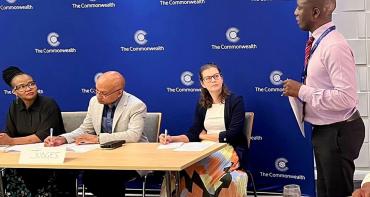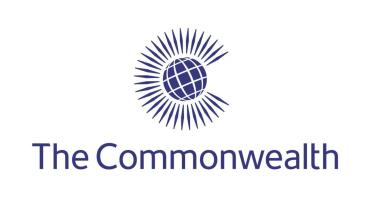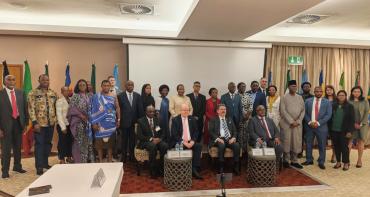The ‘Ask The Expert’ series features the leading specialists who work at the Commonwealth Secretariat. In this edition, Yvonne Apea Mensah, Adviser and Head, Africa Section, Governance and Peace Directorate shares insights into how the Commonwealth is promoting democracy in member countries.

What is the biggest challenge to democracy in Africa, and how is the Commonwealth addressing this?
Our work in election observation in particular, gives us an opportunity to scan the political context in our member countries. We are finding that threats to civic space and the shrinking of rights are some of the significant challenges that need to be addressed for democracy to be fully consolidated and cemented in Africa. Our findings have been corroborated by the most recent 2018 Ibrahim Index on African Governance (IIAG). It is important to recognise that Africa has come a long way and that there have also been significant improvements. For instance, women’s political participation is steadily on the rise; there are fewer conflicts; and in general, political transitions are taking place peacefully, and to satisfactory technical standards.
Do you think peace is a pre-requisite for sustainable development? Can you share examples of work the Commonwealth has done to build peace on the African continent?
The link between peace and development is an established one. Again, when you look at the IIAG, you will find that the countries in conflict situations are, unfortunately, at the bottom of the rankings, with the lowest overall governance scores (where the definition of governance hinges on both democracy and development themes). Incidentally, seven out of the top 10 highest ranking countries are from Commonwealth Africa. These are also some of the most peaceful countries.
What is the value-add that the Commonwealth brings to election observations in Africa? What are some examples from recent elections in African countries?
Election observation is a way of demonstrating the Commonwealth’s solidarity with ordinary citizens as they choose their leaders. We also find that our presence, in conjunction with other observers, puts all stakeholders on alert to live up to their responsibilities as there is an appreciation that they are being watched. Increasingly, however, we judge our value-add by one important aspect: has the country considered, and even implemented some of the pertinent recommendations we, and others, made on strengthening democracy and improving future elections?



